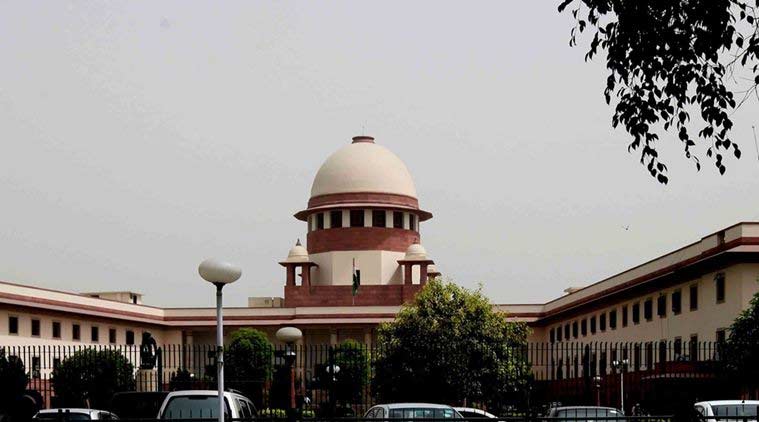 The top court will pronounce judgment on various issues before CJI Dipak Misra retires. (File)
The top court will pronounce judgment on various issues before CJI Dipak Misra retires. (File)
The Supreme Court is likely to deliver several crucial verdicts this week including Aadhaar, Ayodhya and whether the crime of adultery should be gender neutral. This comes as Chief Justice of India Dipak Misra, who is heading the benches hearing these matters, is set to retire on October 2.
The Supreme Court on Tuesday passed a verdict on the disqualification of MPs and MLAs against whom a chargesheet has been filed, and said it could not add more disqualifications to the Representation of the People Act. In another judgment, the apex court dismissed plea seeking to bar lawmakers from practising in courts of law across the country.
Here are the other cases on which judgment is expected
Aadhaar
After a marathon hearing that lasted 38 working days spread over four months, a five-judge Constitution bench headed by Chief Justice of India Dipak Misra reserved its judgment on a clutch of petitions challenging the Constitutional validity of the 2016 Aadhaar Act. The top court will essentially decide on whether Aadhaar meets constitutional provisions and whether the government can continue seeking it as a mandatory identification in the name of furthering its welfare goals. Aadhaar has been criticised by many as an intrusive instrument given its need for biometric data of individuals.
Ayodhya dispute
The Supreme Court will resume hearings in the Ayodhya Ram temple – Babri Masjid case on September 28 with lawyers making arguments on whether the matter should be referred to a larger bench and if it involves constitutional questions. A three-judge Bench of Chief Justice of India Dipak Misra and Justices Ashok Bhushan and S. Abdul Nazeer had taken up the long-pending Ayodhya land title appeals against the Allahabad High Court judgment of 2010, which had ordered a three-way partition of the disputed land.
Sabarimala
The top court is likely to give its verdict on the challenge to the prohibition of women in the age group of 10 to 50 years from entering the Sabarimala Ayyappa temple. In August this year, the Kerala government told the Supreme Court that it had no objection to women entering the temple. A bench comprising Chief Justice Dipak Misra and Justices R F Nariman, A M Khanwilkar, D Y Chandrachud and Indu Malhotra will deliver their verdict.
Reservation in promotions
Another important judgment will be on the Centre’s petition questioning the 2006 judgment laying down criteria of a quantifiable date demonstrating the inadequacy of SC/ST representation in higher echelon of administration coupled with administrative efficiency for grant of reservation in promotion.
The Supreme Court in July reserved its verdict on petitions seeking a seven-bench examination of its judgment in the M Nagaraj case which had put conditions for granting quota benefits for job promotions to SC/ST employees working in the public sector and conditions for granting quota benefits for job promotions to SC/ST employees in the public sector.
The 2006 verdict said that “the state is not bound to make reservation for SC/ST in matter of promotions. However, if they wish to exercise their discretion and make such provision, the state has to collect quantifiable data showing backwardness of the class and inadequacy of representation of that class in public employment in addition to compliance of Article 335.”
Adultery:
The Supreme Court in August reserved its verdict on pleas challenging constitutional validity of penal law on adultery. Hearing the mater, the apex court questioned the government’s stand defending the adultery law that punishes a man for having a sexual relationship with a married woman without the consent of her husband. The petitioners want Section 497 of the IPC, which punishes only a man for the offence of adultery, to be made gender-neutral.